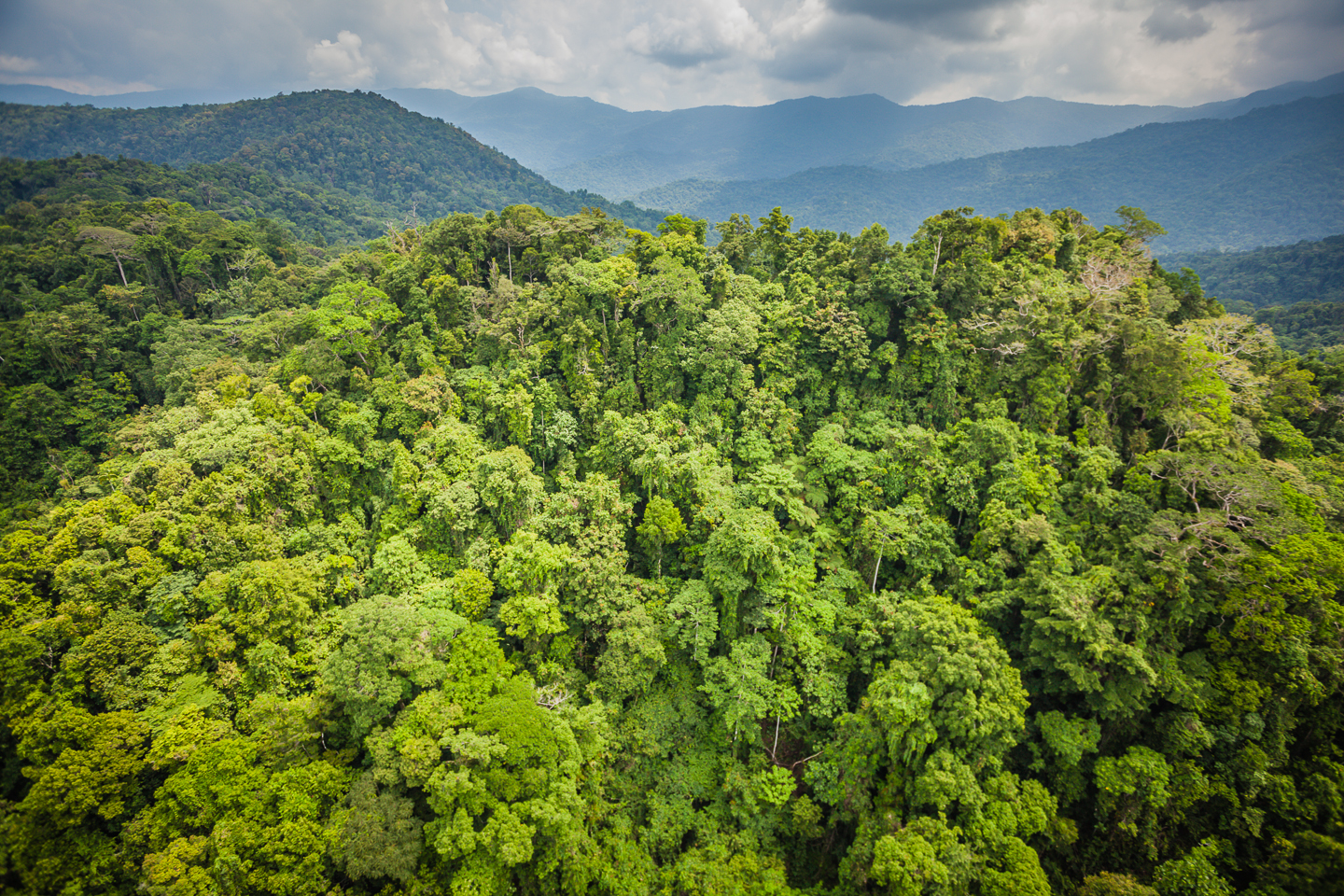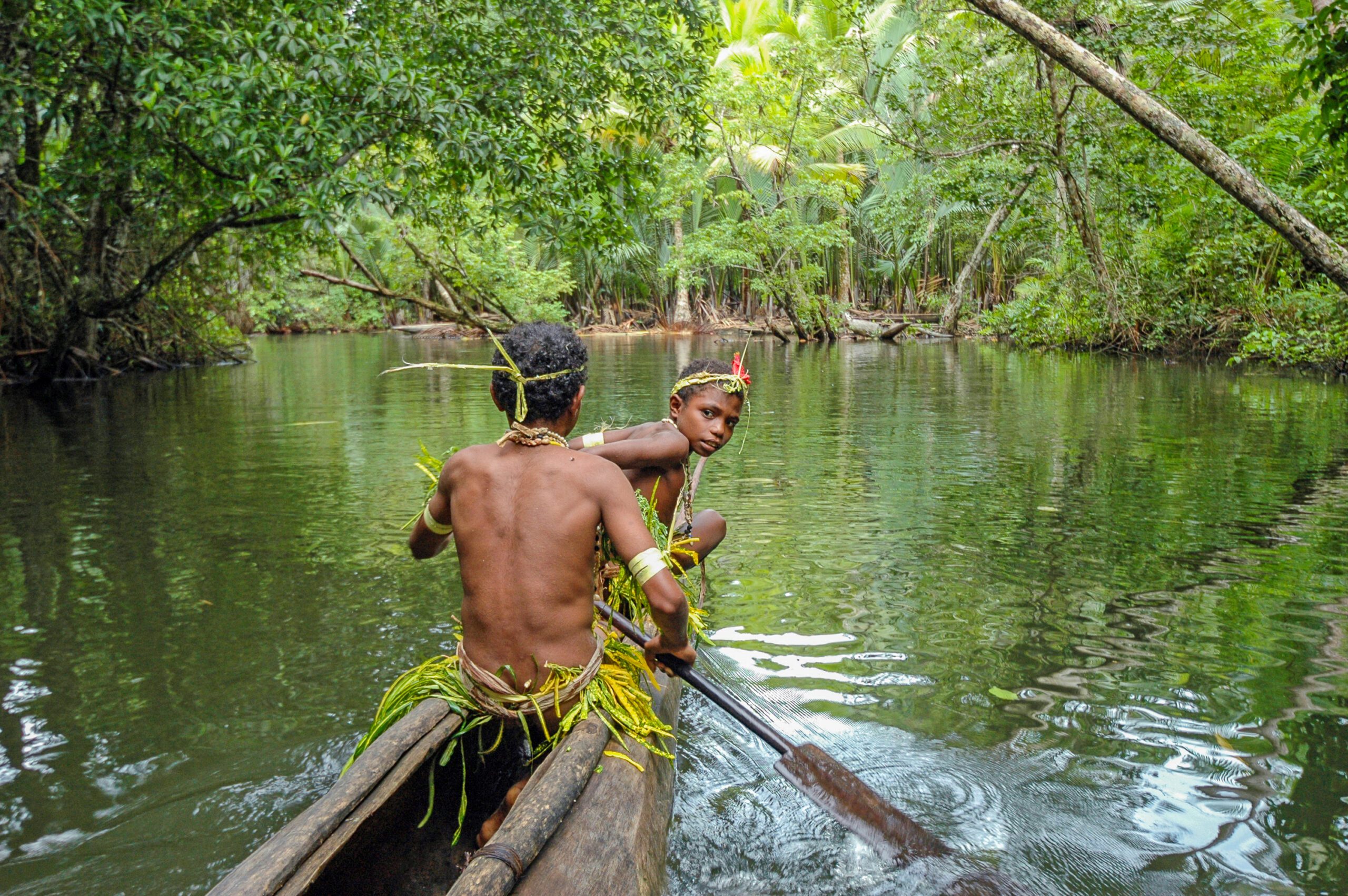April Salumei rainforest conservation
Project Type
Reducing Emissions from Deforestation and forest Degradation (REDD+)
Carbon Standard
VERRA Voluntary Carbon Standard
Unit Type
VCU
Methodology
VM0007 REDD+ Methodology Framework
Project ID
VCS1122
Vintages
2014-2015, 2018
The April Salumei REDD+ project is located in the East Sepik Province of Papua New Guinea, and the area has previously been recognised as an exceptional biodiversity hotspot by the Climate Community and Biodiversity Standard (SCS, 2011).
The Project sustainably manages over 600,000 hectares of rainforest that was originally planned to be logged and will prevent ~22.8 million tonnes of greenhouse gas emissions from being released into the atmosphere over its lifetime. The Project, with a crediting area of over 200,000 hectares , also protects vital habitat for many endangered species including the tree kangaroo, palm cockatoo, the bird of paradise and the southern crowned pigeon.
The project also promotes culturally inclusive, sustainable community development via an agreed Sustainable Development Plan.
If you’d like to chat through your options, please contact us.
The importance of reducing emissions from deforestation and forest degradation (REDD+)
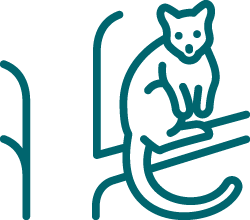
Deforestation accounts for approximately 10% of global emissions and is a threat to the habitat of vulnerable species.
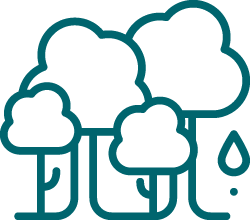
REDD+ is currently the only mechanism channeling large-scale private investment towards protection of the world’s forests from deforestation.
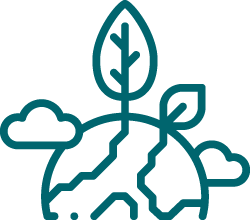
REDD+ projects can also improve livelihoods by providing economic and social benefits to local communities.
Sustainable Development Plan and community impact
TEM partners with 164 local land groups (clans), made up of around 15,000 people, who own the rainforest and who have surrendered their rights to commercial logging. The Sustainable Development Plan was informed by the community and landowners through consultation, including speaking with women and young people, community group discussions, focus groups and interviews.
The Plan builds on existing short-term project plans and will systematically invest carbon finance into structured, long-term social development programs with a commitment to providing lasting community benefits.
Term of implementation: 5 years
Key areas of focus include:
- Community capacity building: through the development and implementation of community training programs. The Plan will establish six Community Implementation Committees, made up of a cross-section of traditional landholders, and will be trained to support the implementation of activities. This will build on local experience to strengthen resourcing strategies, leading to long-term livelihood improvements
- Improving access to education: by providing adequate learning materials for established schools, and ensuring all schools have access to basic facilities such as power, clean water and sanitation
- Improving health outcomes: in particular the reduction of waterborne diseases and increasing access to vaccinations to reduce preventable death and suffering from diseases such as measles, polio, diphtheria, whooping cough and more.
Key community impacts to date include:
Light up April Salumei
- 1000 Sustainable, solar powered lights provided to 30 schools, 26 health centres, aid posts, families and cultural centres
- Created 8 meaningful jobs
- Provided 6 skill development traineeships
Eagle Wood Project
- Employed experts in nursery management that trained representatives from each Landowner Company as forest community stewards
- Created 10 meaningful jobs
- Facilitated the planting of 10,000 trees
Project location
The project protects more than 603,712 hectares, of virgin tropical rainforest in Papua New Guinea. Of this area, 196,703 hectares are classed as the crediting area.
Biodiversity impact
The project activities deliver vital biodiversity conservation outcomes. PNG contains ~7% of global biodiversity across just 1% of the globe’s landmass. April Salumei is home to a range of biodiversity, including threatened species such as:
- Tree kangaroo
- Palm cockatoo
- Bird of paradise
- Southern crowned pigeon
These species are protected from the most prominent key threatening process in the region – deforestation.
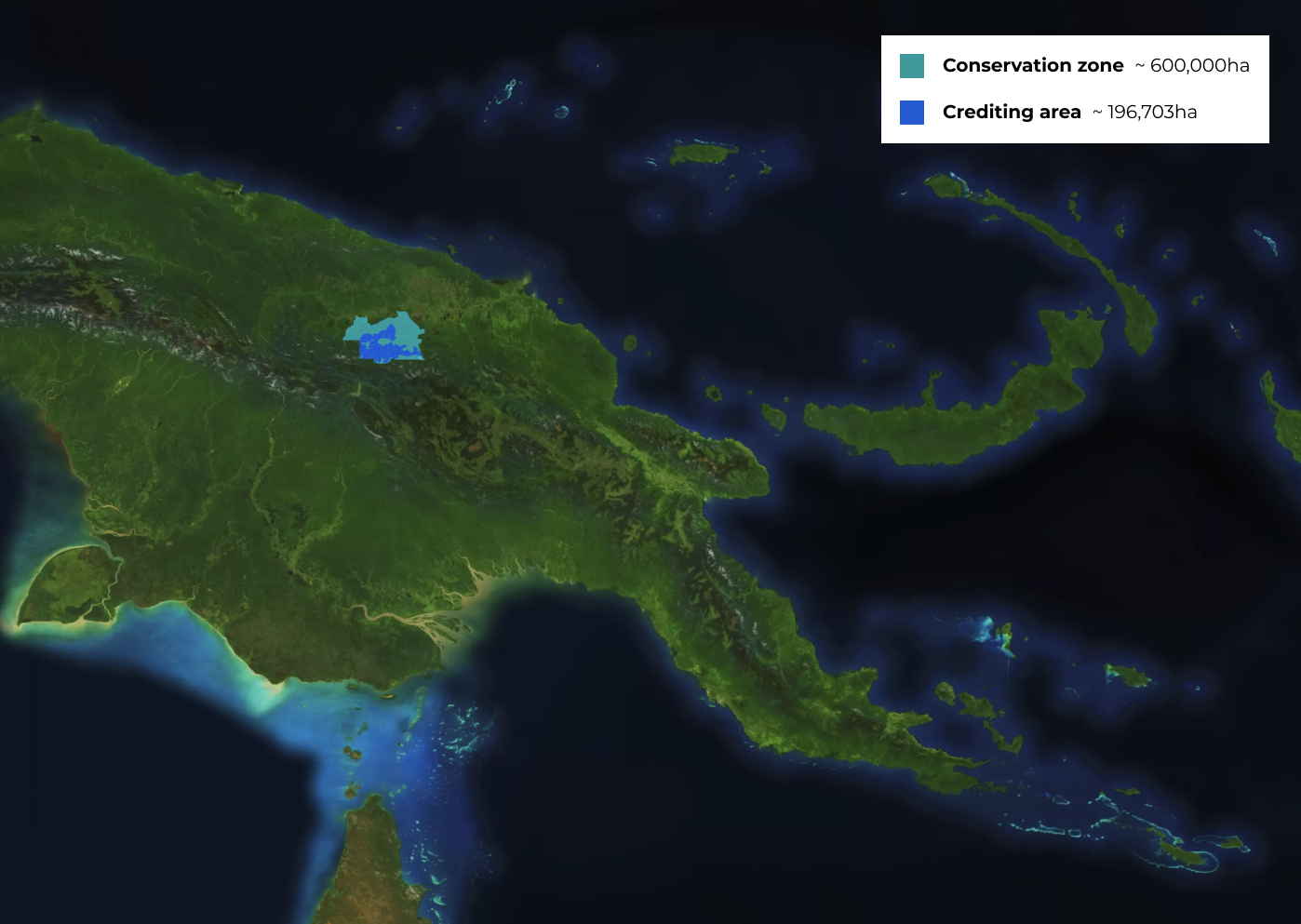
Project developer
The project developer is Rainforest Project Management Limited. Pacific Forest Alliance (PFA) is an implementation partner and manages the project. PFA is a company incorporated in PNG to assist indigenous communities to find commercial solutions to the reduction of commercial and unsustainable logging through the development of community based social and environmental projects, chosen by the local landowners and their communities.
Real and Lasting Impact
Permanence (projects must generate permament reductions or removals of emissions)
The carbon sequestered and stored within the project area will not be released due to unmitigated risk factors such as forest fires, extreme weather events, pest and disease outbreaks and land tenure disputes that result in deforestation. The project has a permanence period of at least 38 years (until 2047). TEM is currently in discussions with the PNG Forest Authority to extend this permanence period for an additional 40 years.
Additionality (if the emissions reductions and removals would not occur without the project activities)
In the case of April Salumei, the project area was under threat from planned commercial logging. Local communities have agreed to cancel logging permits, with revenue from carbon offsets being paid in lieu of royalties from logging.
Leakage (risks that emissions activity will shift to another area of the region)
Leakage effects due to market effects are negligible, however, they have been robustly accounted for in both the calculation of greenhouse gas reductions and in additional mitigation measures undertaken by the project proponents. Risks of activity shifting were deemed non-existent.
Sustainable Development Goals
The project contributes to the following United Nations Sustainable Development Goals (SDGs):


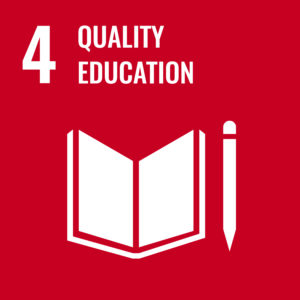
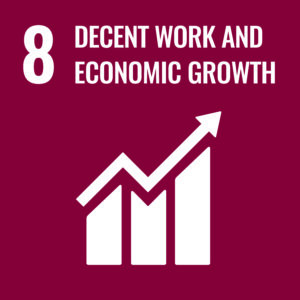


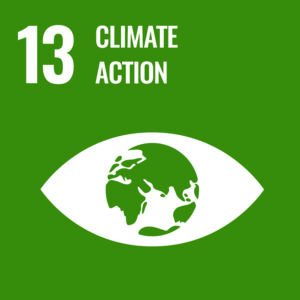
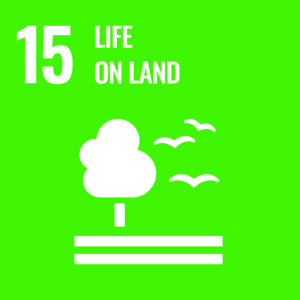
FAQs
Is the project creating real and additional carbon abatement?
The project area was under threat from planned commercial logging. Local communities have agreed to cancel logging permits, with revenue from carbon offsets being paid in lieu of royalties from logging.
Are the local stakeholders being appropriately consulted?
The April Salumei local community groups are heavily involved in the project and embedded in the Governance structure. Community leaders are directly involved in decisions around the implementation and outcomes of the Sustainable Development Plan being funded by the project.


